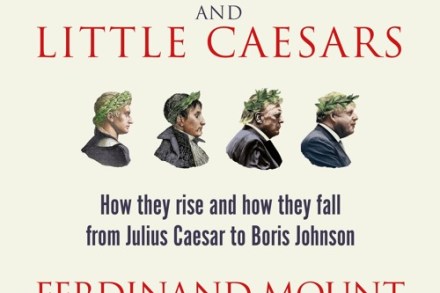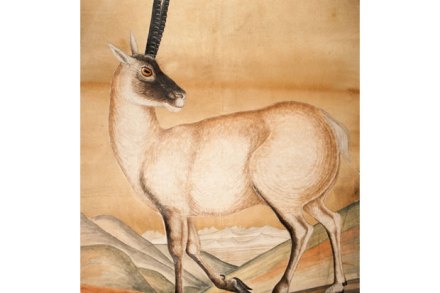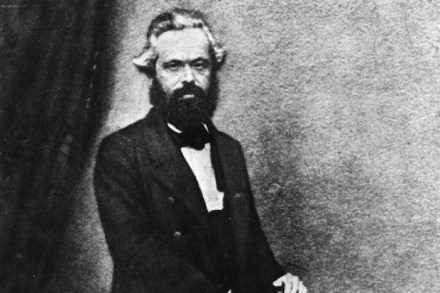Ferdinand Mount: Big Caesars and Little Caesars
40 min listen
In this week’s Book Club podcast I’m joined by Ferdinand Mount who in his long career has been literary and political editor of this very magazine, as well as editor of the TLS and head of Margaret Thatcher’s Number Ten policy unit. We discuss his new book Big Caesars and Little Caesars: How They Rise and


















